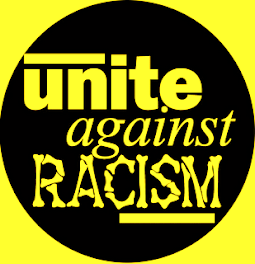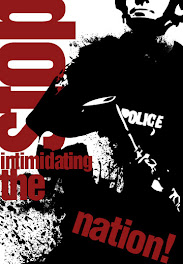
PUNCH’S PENCILLINGS.—No. XII
'THE TORY PEACOCKS AND THE FINSBURY DAW'
[click on image for larger view]
(They seem to be as proud as a ostentation of peacocks!)
FROM:
PUNCH, OR THE LONDON
OCTOBER 2, 1841.
I append some views about 'PRIDE'.
Readers can then decide about the benefits, or otherwise, of 'pride' for themselves.
For me humility is far a far better thing, to hold dear to, than pride.
Bertrand Russell’s views on Pride
Extracts from "Unpopular Essays" by Bertrand Russell
“Another passion which gives rise to false beliefs that are politically harmful is pride - pride of nationally, race, sex, class, or creed.
When I was young
When
Americans and Englishmen, when they become acquainted with the Balkans, feel an astonished contempt when they study the mutual enmities of Bulgarians and Serbs, or Hungarians and Rumanians.
It is evident to them that these enmities are absurd and that the belief of each little nation in its own superiority has no objective basis. But most of them are quite unable to see that the national pride of a Great Power is essentially as unjustifiable as that of a little Balkan country.
Pride of race is even more harmful than national pride.
When I was in
In general, the British were more to blame in this than the Americans, but there were exceptions. I was once in the company of a Chinese scholar of vast learning, not only of the traditional Chinese kind, but also of the kind taught in Western universities, a man with a breadth of culture which I scarcely hoped to equal. He and I went together into a garage to hire a motor car. The garage proprietor was a bad type of American, who treated my Chinese friend like dirt, contemptuously accused him of being Japanese, and made my blood boil by his ignorant malevole
The similar attitude of the English in
So long as the Japanese were victorious, they entertained a contempt for the white man, which was the counterpart of the contempt that the white man had felt for them while they were weak.
Sometimes, however, the feeling of superiority has nothing to do with military prowess.
The Greeks despised the barbarians, even at times when the barbarians surpassed them in warlike strength. The more enlightened among the Greeks held that slavery was justifiable so long as the masters were Greek and the slaves barbarian, but that otherwise it was contrary to nature.
The Jews had, in antiquity, a quite peculiar belief in their own racial superiority; ever since Christianity became the religion of the State Gentiles have had an equally irrational belief in their superiority to Jews.
Beliefs of this kind do infinite harm, and it should be, but is not, one of the aims of education to eradicate them.
I spoke a moment ago about the attitude of superiority that Englishmen have permitted themselves in their dealings with the inhabitants of
Pride & Buddhism
"One of the main obstacles is our pride.
This pride is an inflated state of mind and relies on our false view of the transitory collection, which focuses on the existent self, attributed to our body and mind, and distorts it.
When we are on top of a very high mountain, we look down on all the lower peaks.
Similarly, when we are full of pride, everyone else appears lower. We are the best and everyone else is inferior.
This pride is associated with our self-preoccupation and makes us act inappropriately and disrespectfully towards others, thereby bringing us face to face with all kinds of unpleasant and unwanted experiences.
As long as we feel and act as through we are the center of the universe, we will never develop real concern for others.
To counteract this attitude we train ourselves always to think of them as supremely important by considering their good qualities and by reviewing our own faults and weaknesses."
from 'Eight Verses for Training the Mind' by Geshe Sonam Rinchen
"Tibetans look at a person who holds himself above others, believing he is better than others and knows more, and they say that person is like someone sitting on a mountain top: it is cold there, it is hard, and nothing will grow.
But if the person puts himself in a lower position, then that person is like a fertile field."
Allan Wallace
"An authentically empowered person is humble.
This does not mean the false humility of one who stoops to be with those who are below him or her.
It is the inclusiveness of one who responds to the beauty of each soul. ... It is the harmlessness of one who treasures, honours and reveres life in all its forms."
Gary Zukav in 'The Seat of the Soul'
"What is like a smelly fart that, although invisible is obvious?
One's own faults that are precisely as obvious as the effort made to hide them."
His Holiness the 7th Dalai Lama in 'Songs of Spiritual Change' (translated by Glenn Mullin)
"If we see pride among people who have no idea about Dharma, it is understandable.
However, if afflictive emotions and haughtiness are present among Dharma practitioners, it is great disgrace to practice"
His Holiness the 14th Dalai Lama
“How can you be proud if you are not enlightened?
How can you be proud if even the enlightened are not?”
Stonepeace
Now, this may be something to be proud of?
"No wonder politicians love government schools.
Where do you think the dumb masses come from that can be so easily led and manipulated?"
- Neal Boortz































No comments:
Post a Comment